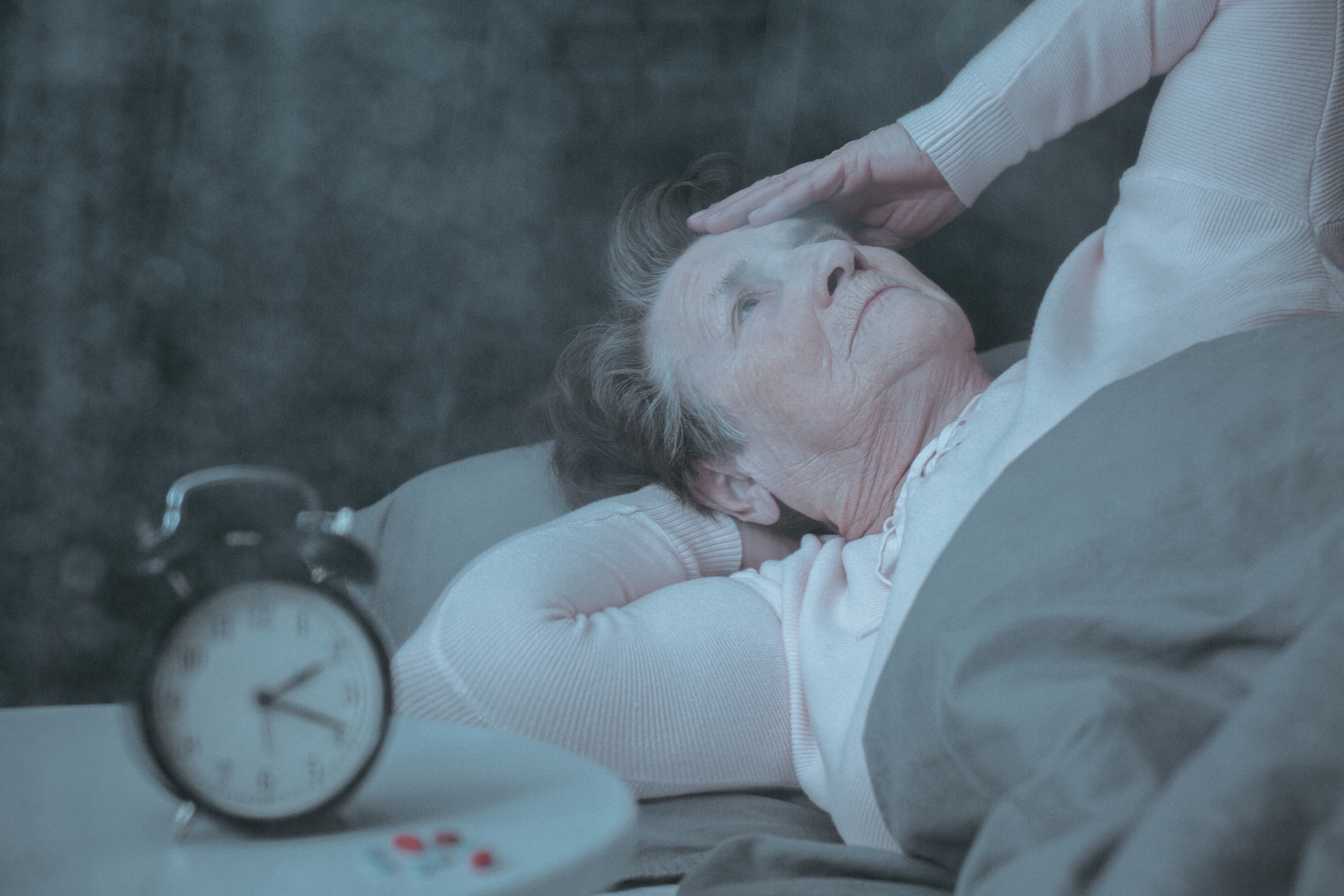If the stress and worry of living through a worldwide pandemic weren’t enough to keep one up at night, older adults naturally tend to experience changes in sleep habits – often waking up several times during the night. But Canadian seniors, especially in the Atlantic region, are relying too much on sleep aids and according to a recent CBC report, it’s a problem that can lead to other health issues.
A Dalhousie University review of Health Canada data found that 10 percent of Canadian seniors over the age of 65 regularly use sleeping pills, but in New Brunswick, the rate is 25 percent. According to Choosing Wisely Canada, nearly a third of older Canadians take sleeping pills that affect the brain and the spinal cord.
Seniors frequently report getting less deep and restorative sleep at night, waking at very early hours unable to go back to sleep and heading to bed earlier than usual from fatigue. In search of a solid stretch of sleep, many older adults turn to sleep aids to help them get the rest they need. But sleep medication can have serious side-effects including a significant increase in the risk of a fall leading to injury. Falls are the chief cause of emergency room visits among seniors and frequently lead to hospitalization and a loss of physical function and independence.
Even among seniors who don’t experience a fall, increased unsteadiness can cause seniors to curtail their normal daily activities because they are afraid of having a fall. Less physical activity and fewer social interactions are associated with poorer overall health and well-being. Older adults may also avoid driving when sleeping pills leave them impaired the next morning.
Over-the-counter and prescription sleep aids can also affect memory because although they may help seniors fall asleep, sedation can interfere with restorative REM sleep and lead to forgetfulness or grogginess in the morning. REM (rapid eye movement) sleep is necessary to help consolidate long-term memories.
Alternatives to Sleep Aids
Dalhousie University researcher Dr. David Gardner recommends older adults who experience sleep difficulty use cognitive behavior therapy for insomnia. Gardner and his colleagues from the University of New Brunswick and the University of Montreal are currently evaluating whether educational packages delivered by mail to seniors in New Brunswick could help older adults improve their sleep and become less dependent on sleeping pills. To find out how you may be able to participate in a new research study on sleep, follow this link to YAWNSNB (your answers when needing sleep in New Brunswick).
Getting outdoors during daylight hours, regular physical activity, keeping the bedroom cool and dark, limiting alcohol and caffeine, and turning off screens an hour before bedtime to read, take a bath or listen to music can also help support a healthy sleep cycle.






Add Your Voice
0 Comments
Join the Discussion